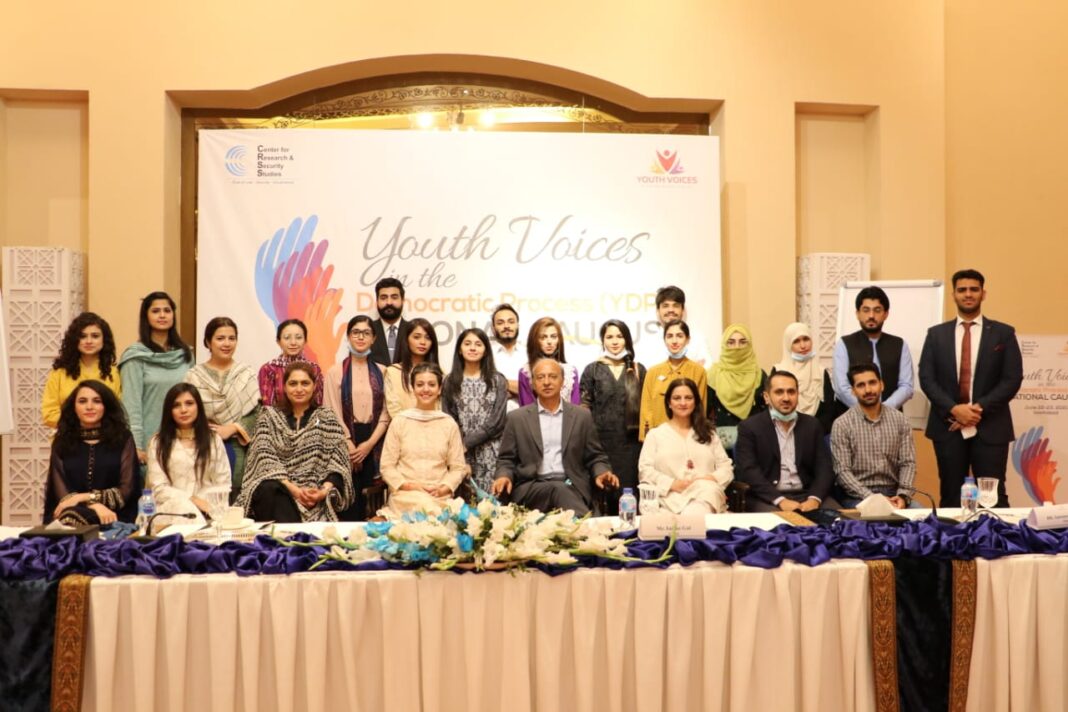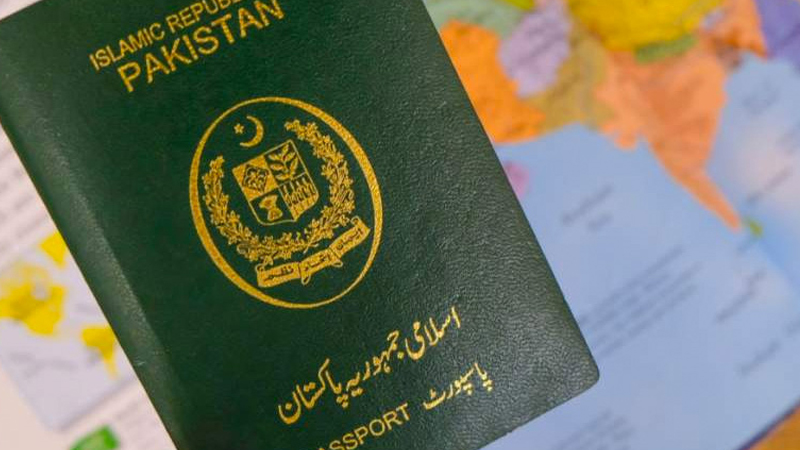By: Abdul Shakoor Shah
It is difficult to envisage any political action without language. Political linguistics is the study of the relationship between language and politics. Politicians carefully craft their manifesto to convince the reader of their credibility. Political linguistics is a tool of persuasion in politics. Language is a tool to rule. It is not neutral and translucent means to represent the social veracities. We normally cling to explicit meaning ignoring the implicit ones. Political discourse is all insidious and powerful due to its burly authority to entrée the public to a large extent. It influences public insight. The significant proceedings are appropriately wrought to present publically as their outlook. Political linguistics plays a paramount role in obtaining public favors, backing and disfavor. Politicians either deliver speech within a nationwide framework or in public background, in government or out of it, they endeavor to manipulate language. Politicians opt this loom for political expansion, power and to accomplish their schema. Political linguistics is used in every field of life from domestic to global affairs. The most common form is used in power politics. Politicians tame masses via linguistic tools. We are being beguiled and befooled for decades by linguistics tools.
US prudential candidate Dole used “I, you” and “they” more, whereas Clinton employed the audience-inclusive “we” heavily. “(I) think” and “can(not)” were the most frequently used hedging devices by Obama (19%) and Romney (38%) while “make(ing) sure” and “will (not), ‘ll, won’t” were the most frequently used boosters by Obama (15%) and Romney (31%), respectively. In terms of category, the data showed that “modal auxiliary verbs” attained the highest frequency for both hedging (36% for Obama vs. 56% for Romney) and boosting (36% for Obama vs. 50% for Romney), in which the modal auxiliary “can(not)” records the highest frequency for hedging used by both, while the modal auxiliaries “(‘ve) got to” and “will (not), ‘l’ll, won’t” were the most frequent boosters used by Obama and Romney, respectively. Pronoun “I” is used when the speaker wants to speak as an individual rather than as a representative of a group while the pronoun “we” is used to invoke a sense of collectivity and to share responsibility, and to avoid referring to himself/herself as an individual. “I” can be divided into several types such as to express a speaker’s opinion, to describe a speaker in a positive image, to create relationships with audiences, to show personal involvement or commitment, and to show a speaker’s authority. Different ideologies between the subjective pronouns “we’ and “they” and the objective pronouns “us” and “them” were found in the way in which “we” was usually used to highlight the good relationship of the speaker and the listeners while “they” was used to separate the self and others.
Donald Trump used more personal pronouns “I” and ‘we” than Hilary Clinton in their presidential election in 2016. The public complaints to politicians are the result of misunderstanding political linguistics. The political speech delivered in local or national language has variant meanings. Delivering a speech in local language shrinks the distance between the speaker and the listeners and vice versa it distances both. The traditional opening sentences of political discourse are used to manipulate the public sentiments. Silence represents triviality. The subject is constructed on the party’s agenda. Through pronoun, “we” the speaker assimilates himself with the listeners which more often remain potentially ambiguous. Similarly, the listeners may grip the subject position as him. “We” is also confusing as it is unclear whether it means public or government. Through pronouns politicians shake off responsibility from their shoulders. “Our”, is used to show collective union of ideas. Unlike “we” it suggests possession and capacity. Through “we” the speaker assimilates himself with those who struggle, towards the masses or the sacrificing people. “I” pattern shows the subject’s position as a powerful and dominating status and representative of the government. “You”, is generally and effectively used to talk about ordinary people. It helps to create solidarity among people on one hand, and commonality of experience on the other in working class discourse. At lexical level, the speaker can easily be judged by the use of his connotation, alliteration and by choice of vocabulary items. Politicians also use certain intensifiers to avoid the intensity of the real issue to the listener. They encompass the emotional discourse as the conscious filters concentrate on the feeling alone. Through vocabulary, they keep the audience to the structural level and control the subject level.
The politicians keep on shifting subjects to decentralize the audience and subject. The structural shift from active to passive and narration often beguiles the masses. The politicians use a technique of categorization to distance the groups. Expressive and relational modalities also play a crucial rule in political discourse. These are maintained via modal auxiliaries, tenses and adverbs. The use of “must” helps him acquire all the power to make him one who is in a position to impose orders on people. The politicians also make use of argumentative styles. The intonation pattern and rhythm of the speech further explains the situation, intentions and expectations of the speaker. The facial expressions, postures and physical movements of the speaker are also analyzed in language power politics. The rhythmic movements show confidence and belief. The rise and fall of his voice vividly shows preferences. Stressing the pattern exposes his public or self orientation. Regretfully, a lay man is unaware of the linguistic maze and is often beguiled by the politicians. Language is biased to convey meanings. Political linguistics is used to exercise power over people influencing their behavior, attitudes and mind. The poor are sacrificed on a political altar with a linguistic dagger. Political linguistics mixed with the public sphere affects both the speaker and recipient. Political linguistics is internally gritty by its place in politics and outwardly dogged by its connections to the fields other than politics. Through political linguistics, the politicians have the capacity to carry out promised reality into a new reality and in the end it proved an illusion.
The Writer is Prof. in English and Freelance Columnist, based in Lahore, Pakistan. He can be reached at [email protected]








